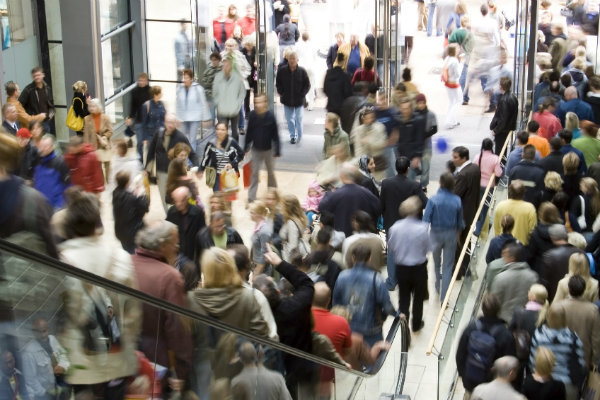A new report which analyses the UK‘s retail sector has said that although it has gone through “much upheaval” in recent years, especially the recent Brexit vote, British consumers have consistently displayed resilience.
The UK Retail Overview: Characteristics, Developments and Prospects report – put together by international analyst firm Fung Global Retail & Technology – also said that the UK retail industry was still regarded as a pioneer of multi-channel and innovative internet-only retailers.
However, while it enjoyed several years of solid growth, this growth softened in 2016 and this was because of structural shifts and several other trends in the sector.
RELATED: Brexit’s long term impact divides retailers’ confidence
The report highlighted how Brits exhibited resilience after the EU referendum result in June, in that consumers have kept shopping in stores, buying houses, businesses continued hiring, therefore there has been no perceptible negative effect on retail demand.
However, it highlighted how UK shoppers were prioritising spending on services at the expense of retail. Non-food retailers, especially fashion, were seeing growth slow or even turn negative.
Increased spending on leisure services, along with the pressures of social media and the growth of finding and booking services due to mobile apps and online aggregators, appear to be the reasons for this, according to the report.
RELATED: Latest ONS retail sales figures continues to defy post-Brexit fears
Fung‘s report also highlighted how discount retailers – such as Primark, Sports Direct, Poundland and B&M – which have enjoyed several years of rapid growth, were now seeing underlying sales increases slow down. However, future top-line growth looks set to be driven by new store openings.
Meanwhile, UK-based pure-play online retailers such as ASOS and Boohoo were outperforming those that offer multi-channel services, despite traditional brick-and-mortar retailers pouring cash into their online capabilities.
RELATED: Comment – In retail, we‘re living in dangerous times
In addition, the report said there was more potential for sustained growth for pure-plays than in store-based discount retailers, especially when demand for discounts in fashion was migrating to online retailers. Due to this, analysts at Fung predicted that ecommerce could be capturing roughly 30 per cent of fashion sales and around 10 per cent of grocery spend in five years‘ time.
Finally, the report said there was a fragmentation of grocery sales – especially in non-food grocery items – away from larger stores and that this trend was set to continue. Amazon‘s entry into the grocery market with AmazonFresh added pressures, along with consumers‘ increasing preference for convenience stores, local supermarkets and specialist grocers.
Click here to sign up to Retail Gazette’s free daily email newsletter
















